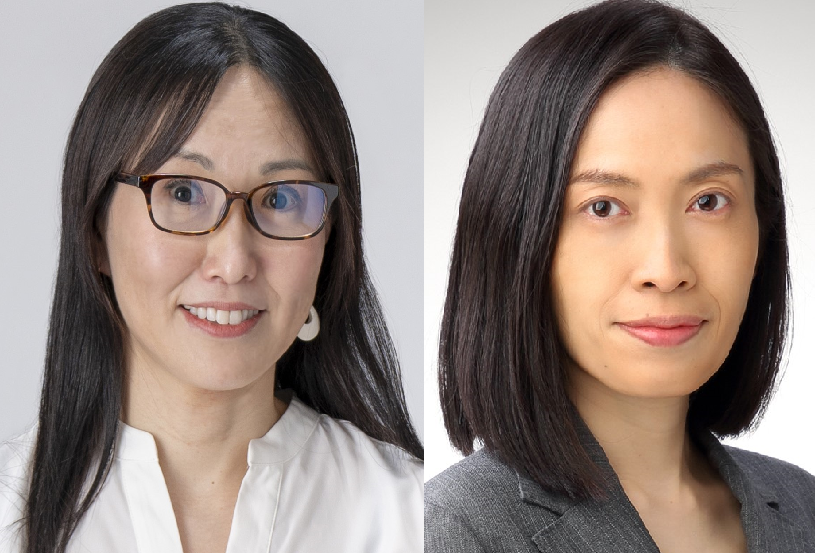- News
- The 99th WIAPS Seminar (Oct. 13th)
The 99th WIAPS Seminar (Oct. 13th)

Dates
Add to calendar1013
MON 2025- Place
- Zoom ウェビナー
- Time
- 11:50-13:00
- Posted
- Wed, 01 Oct 2025
Date & Time
Oct. 13, 2025 (Monday) 11:50-13:00
Venue
ZOOM Webinar
Intended Audience
WIAPS Full-time Faculty/Research Associates, WIAPS Exchange Researchers/Visiting Scholars/Visiting Researchers, GSAPS MA/Ph.D. Students
Presentation
Presenter 1 (11:50-12:25)
Nana Gagne Okura
(Associate Professor, GSAPS)
Presentation Theme
Desiring and Designing Families in Contemporary Japan
※The presentation will be conducted in English.
Abstract
Like other East Asian societies experiencing rapid changes in education, employment, and family structure, Japan is in the midst of a demographic transformation, marked by an “ultra-low-fertility” nation. The number of women in the workforce has risen dramatically and marriage has become increasingly delayed, affecting the timing and tempo of childbearing. This trend comes with a growing awareness of medical infertility and a growing demand for treatments, with a nearly fivefold increase in assisted reproductive technology (ART) usage since 2000. As a result, marriage and reproduction are increasingly more precarious, while desires for family take on new urgency and intensity.
In this talk I examine how changing life ways and work ways affect individuals’ desires and practices of family formation. And even as public attention is being drawn to the “crisis” of the declining birthrate, there is an intense and growing private struggle for starting a family that is deeply tied to individual and social ailments of contemporary Japan. In this way, I highlight how new reproductive technologies have produced new feelings of responsibility vis-à-vis a personalized logic of “reproductive cause and effect” that puts the burden of reproductivity on the choices of women, and in the process women also become more aware/critical of gendered differences, women’s bodies, and couples’ relationships in contemporary society.
Presenter 2 (11:25-13:00)
Maho Aikawa (Assistant Professor [non-tenure-track], WIAPS)
Presentation Theme
ポストコロニアリズムにおける「感謝」をめぐるディスコース――植民地支配の正当化とバックラッシュ
(使用言語:日本語)
Abstract
支配関係において、支配者が被支配者に対して「感謝」を期待・要求することはまれではない。本報告では、日本の旧植民地出身者に対して「感謝」を期待・要求するディスコース(「○○は感謝するべきだ」など)を分析する報告者の研究の中間報告をおこなう。本研究では、日本による植民地支配の例として、韓国(朝鮮)および沖縄(琉球)の植民地支配を取り上げ、こうしたディスコースが使われる文脈およびその主題を分析した。本研究は「Yahoo!知恵袋」における投稿をデータとし、当ディスコースが含まれるもののうち、「日本人(植民地支配をおこなった側)」の投稿者による韓国(朝鮮)に関する投稿57件、および沖縄に関する投稿18件、合計75件を分析対象とした。本報告では、研究の概要について報告するほか、分析の結果をもとに、ポストコロニアリズムにおける「感謝」を期待・要求するディスコースの役割、および支配の方法としての「感謝の要求」の性質について考察し、論じる。
- Tags
- Events WIAPS Seminar WIAPS-EN
